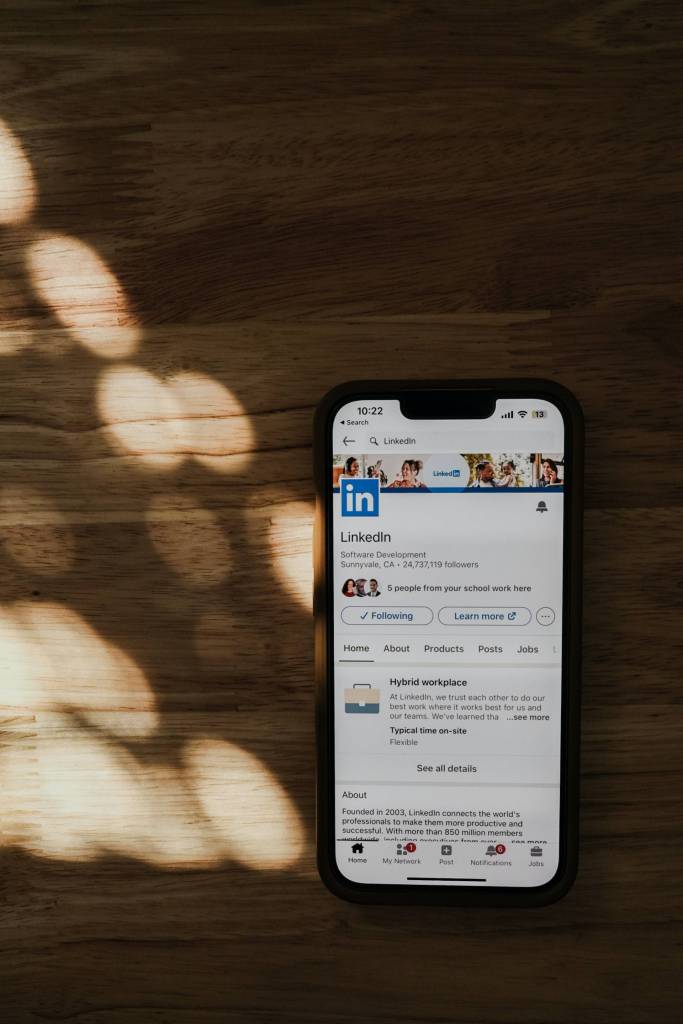For recent graduates, LinkedIn has provided a platform that allows the young graduate to apply to a mass quantity of job openings with little to no effort.
The ease of the application process coupled with the curiosity in many different fields lends the graduate to apply, in some cases to over 100 positions. While they may only be serious about a handful, there is little downside to sending in one’s profile.
Or is there?
On the surface, this plethora of career choices seems harmless if not beneficial. When it comes to interviewing for entry-level positions, many employers are highly flexible about background requirements and are willing to interview a wide-range of individuals with a myriad of backgrounds.
Grads fully understand the lax screening processes and, with little effort submit their application. Their logic is:
– The more jobs they apply to, the more interviews they will get.
– The more interviews they attend, the more real-world experience they receive.
– The more people they speak with, the wider their network gets.
– The more offers a graduate can obtain, the more salary negotiation leverage they enjoy.
In a perfect world, these all hold significant merit.
Incorporating the Ivy League variable
The above assumptions presume that all recent college graduates are searching on a level playing field. That means that each job they apply to they are up against students from similar universities, with similar internship experience, college majors and grade point averages.
The majority of the time, this is far from reality. Many students from Columbia, Harvard, Brown and other known name schools also apply to these positions as a back-up. This carries adverse effects to the average student.
When you put academic all-stars into the mix, the interviewing and job search steps usually follow this process:
– Employer posts open job on LinkedIn and receives hundreds of applications from recent graduates.
– Amazed at some of the applications they receive, they begin to only focus on recruiting the top-tier college graduates.
– Employers begin to aggressively pursue the top scholastic achievers and put other applicants aside.
– They quickly reject a large sum of applicants who would be a very strong fit.
– This results in over 2/3 of qualified applicants losing a potential interview that is fitting for their background and will most likely serve as a back-up for an Ivy League graduate.
– When the remainder do interview, it’s a formality in the eyes of the employer. They are rejected or put on hold despite peak performance during the meeting.
– Unaware that they stood little chance to begin with, recent college graduates who don’t hear back or are rejected begin to lose confidence in their ability to obtain a position in their field.
– The rejection hurts future interviewing performance and lowers ambition.
In the end, nobody wins. The recent graduate loses job search momentum and the 20 or so employers chasing after the small handful of applicants lose out to a more well-known company that can offer higher pay rates.
What can be done
Our account management recruiting firm comes across many recent graduates who are experiencing the same problem. Luckily, this can be remedied.
What we recommend is to go the route less traveled. If LinkedIn is not working for the applicant, go directly to corporate websites.
Most companies will list internal positions in a designated career section and the competition for getting an interview and subsequent offer is far less.
Incoming resumes to most corporate career advertisements are a mere fraction when compared to the volume seen by LinkedIn or even traditional job boards such as Monster or Hotjobs.
We suggest that they research companies in industries that may not be “hot,” but are highly lucrative, well respected and growing.
For instance, instead of going after PR firms, the recent grad should try looking at companies in, for instance logistics and manufacturing.
Yahoo! Finance and Bloomberg are a great resource for picking these organizations out.
In need of candidates, these companies often pay more, will be interviewing less applicants and will share a realistic view as to the qualifications needed to get a job and be successful at the firm.
For the recent graduate, LinkedIn isn’t the only game in town, it’s just another tool to reach an end goal.












